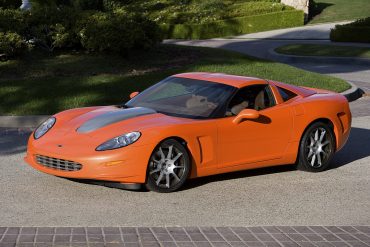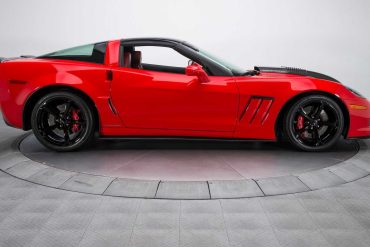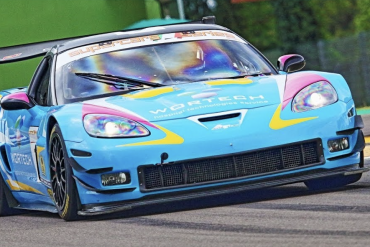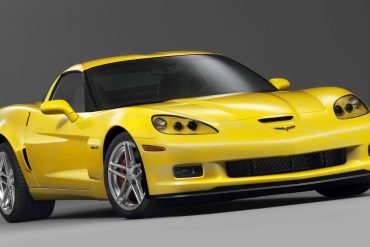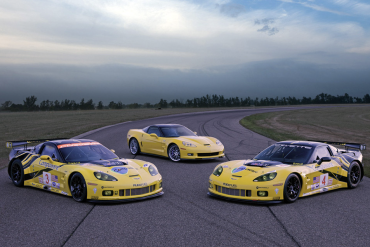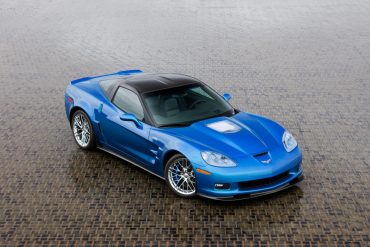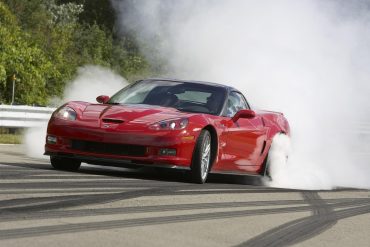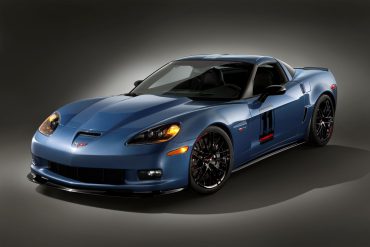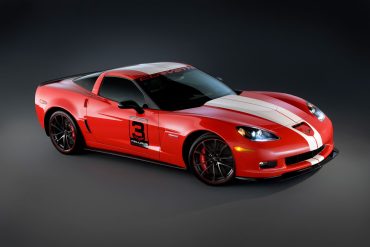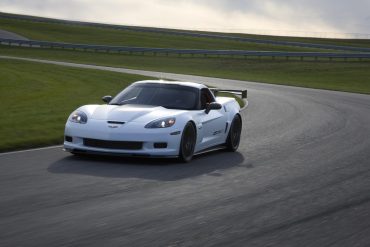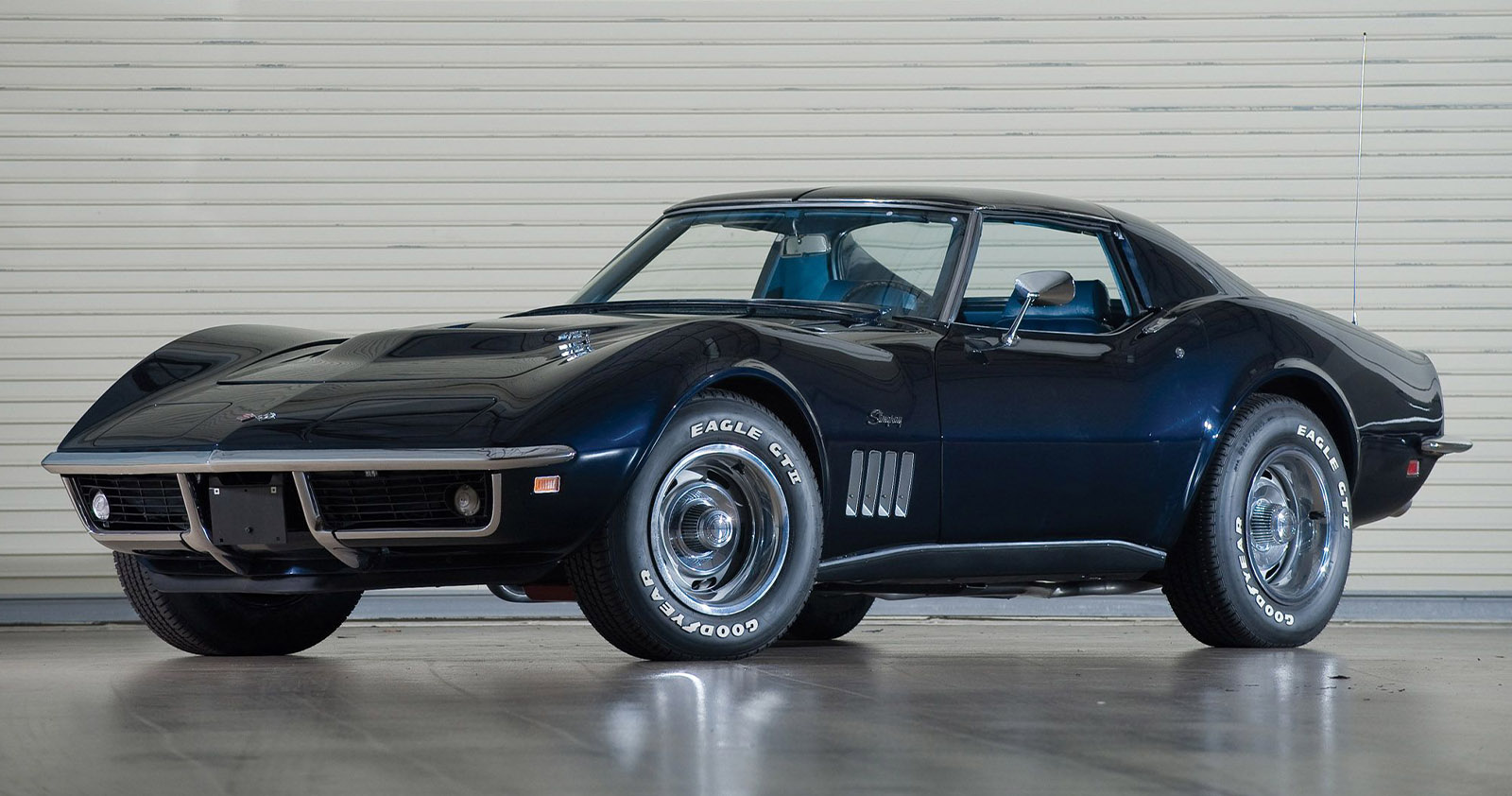The Callaway C16 was Callaway’s 16th major automotive project. It was a limited production, bespoke automobile, built to order, by what the Press called “the best specialist engineers in the business”. These cars are seriously fast, beautiful, and exclusive. The C16 was a direct competitor for the Porsche GT3, the Lamborghini Murcielago, the Ferrari 599 GTB. It was both faster and more capable than its competitors, at less cost.
The 2005-2013 Callaway Corvette was a specialist version of the C6 Corvette, built by Callaway Cars expert craftsmen and sold through selected Callaway/Chevrolet dealers. The 17th “C-Project” undertaken by Callaway first produced naturally-aspirated SuperNatural™ 450, 461, 490 (6.0L) and 550 (6.8L & 7.0L) horsepower Callaway Corvettes. In February 2006, Callaway returned to its positive manifold pressure roots, introducing Callaway “SuperCharged” Corvettes.
During the summer of 2005, a decision was made to transform selected Z06 road cars into a new breed of racer to compete in the world's top GT3 championships. The first series to introduce this new GT3 class was the SRO and FIA's GT3 Championship. Based on their racetrack test results, Team Carsport saw instant potential in the car. Hezemans contracted Callaway Competition in conjunction with Koos Pettinga, manager at Corvette Europe, to convert the street Z06 into a Z06R GT3.
The Z06 arrived for the 2006 model year as a homologation vehicle in the third quarter of 2005 and is the lightest of all Corvette models. The Z06 was equipped with the largest-displacement small-block engine ever produced, a new 7,011 cc (7.0 L; 427.8 cu in) V8 engine codenamed the LS7. The engine has a power output of 505 hp and 470 lb⋅ft.
The C6.R ZR1 GT2, if you were to use its full name, was the model used in the last four years before the Corvette C7.R was introduced, and had a slick sequential manual operated by paddles that was combined with the rear differential to create a rear transaxle. This style of transaxle eventually made it into the road-going Corvette, especially the Grand Sport and ZR1 of the C7 generation.
The ZR-1 returned with the 1990 Corvette lineup after an eighteen year hiatus. This time, it featured a special LT5 engine that had been developed by Lotus (which, at the time, had been a subsidiary of General Motors.) The LT5 engine featured an all-aluminum block, four overhead camshafts, and 32 valves. It also featured an air management system which enabled the car to maintain proper operation while closing off half of its fuel injection system.
The 638-hp, 6.2-liter supercharged V-8 LS9 engine features such niceties as titanium connecting rods and intake valves, a forged steel crankshaft, and a dry-sump oil system. The suspension has magnetorheological shocks that enabled Chevrolet engineers to use softer springs than in the conventionally damped Z06. Corvette's top dog model is no joke and an accomplished sports car that puts up a good fight against the world's best.
The Z06 Carbon was created to celebrate the 50th anniversary of the first appearance of the Corvette at the 24 Hours of Le Mans when John Fitch and Briggs Cunningham won their class and finished eighth overall. The Carbon edition is essentially a Z06 with a ZR1 chassis and some of the carbon skin. With only 500 examples made, this is one rare and special looking Vette. The limited edition is distinguished by an aggressive look and black accents, reminiscent of the Porsche 911 GTS range.
This special edition Corvette comes with a ZO6 Performance Package, Magnetic Selective Ride Control, CFZ carbon fiber package with splitter and rocker moldings, carbon fiber raised hood, black headlamp housings and mirrors, red brake calipers, ebony interior with red stitching, suede-trimmed steering wheel, shift knob, parking brake handle and armrests with red stitching, centennial-model seats, racing pedal package, and racing-style graphics.
The 2011 Chevrolet Corvette Z06X Track Car Concept was designed to suggest new components and a new idea for transforming a production Corvette into a serious and closed-course track car. This track car concept was developed and produced by Chevrolet in partnership with Pratt and Miller, the partners in Corvette Racing in the American LeMans Series. The competition-oriented modifications of the concept include a polycarbonate rear window, roll cage, safety harness, racing seat.


